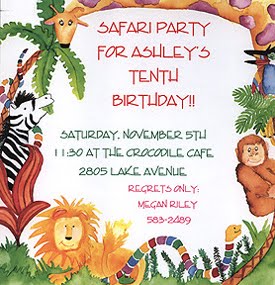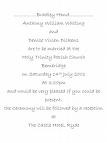Descriptive text is available for a screen reader device to audibly
describe a graph or map so a visually impaired user can understand the
graphical information . Or to describe the characteristic of particular
Person, thing , or place .
* Textstructure:
- Identification: Identifies thing, person, place, phenomenon to be described.
- Description: Gives the information of particular thing, person, or
Place being discussed or describes parts, qualities, or Characteristic.
* Language figures:
a. Topic is usually about the attributes of a think.
b. The use of think person pronoun forms is used.
c. The use of focus specific human and non human participants.
d. The use of reasoning expressed as verbs or noun.
e. The use of material.
f. The use of relation and mental process.
* Characteristic:
a. Use the simple present tense.
b. Using detailed noun phrases to provide information on the subject.
c. Uses relating verbs to provide information on the subject.
d. Use the thinking and feeling verbs to reveal personal views about the subject
author.
e. Use action verbs.
f. Use adverbials to provide additional information.
g. Use figurative language such as simile, metaphor.
* Grammatical features:
- Who? What?
- Using linking verb and simple present tense,
- Epithet: adjective or adjective phrase,
- Attributive (the)
- Use a attributive and identifying process,
- Focus an specific participants,
- Frequent use of epithets and classified in nominal groups
EXAMPLE OF DESCRIPTIVE TEXT :
Bandengan Beach
Bandengan Beach or Tirta Samudra Beach is the famous beach in jepara.
the place is very beautiful and romantic. people around Jepara, Kudus,
Demak knows this place.
This place is located 7 kilometers north of Jepara city center. The way
to get there is very easy. Just follow the traffic sign and you will
find it. From the town square, follow the road to Bangsri then turn
left when reached kuwasen village. You can take public transportation or
by your own vehicle.
The white sandy beach which has pure water is good for swimming. The
beach is save enough for swimming because the beach is shallow and the
wave is not so big. This place is more beautiful at dusk. We can see the
beautiful sunset with our family or friends.
In this location, we can sit and relax on the shelter while enjoy the
natural beach breezy wind. It also has large pandan tree field. It is
suitable for youngster activities such as camping.
If we want to sail, we can rent the traditional boat owned by local
people. We can make voyage around the beach or we can go to pulau
panjang (panjang island). Some time we can find banana boat and jet ski
for rent.
In this place we can find many traditional footstalls. We can order
traditional foods sold by the trader such as roasted fish, crab, boiled
shell. Pindang srani is one of the delicious food enjoyed by the
visitors.

